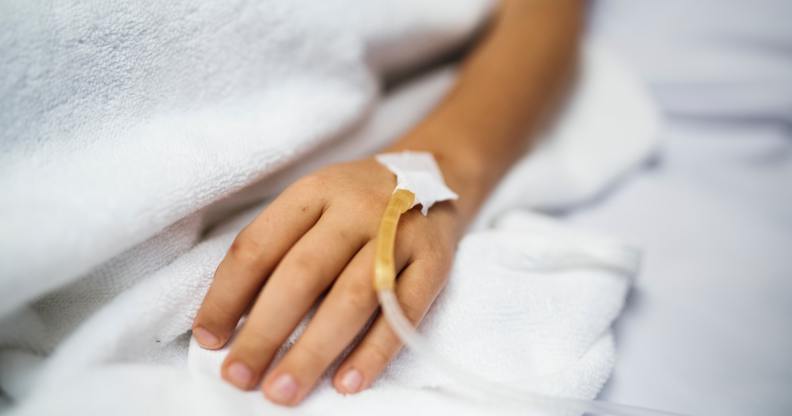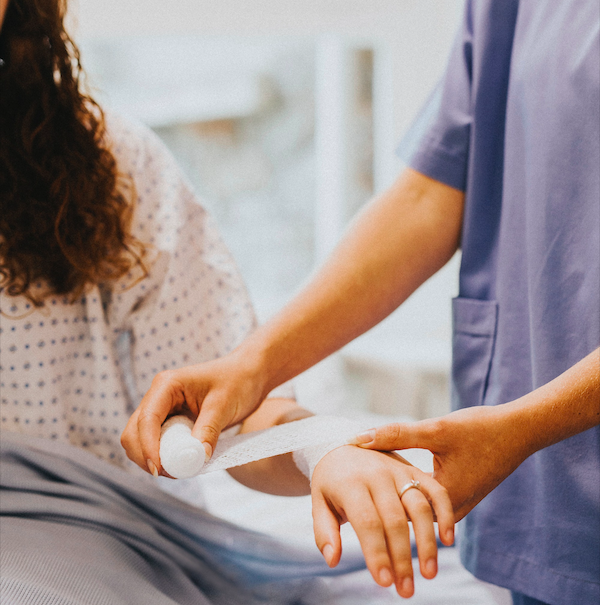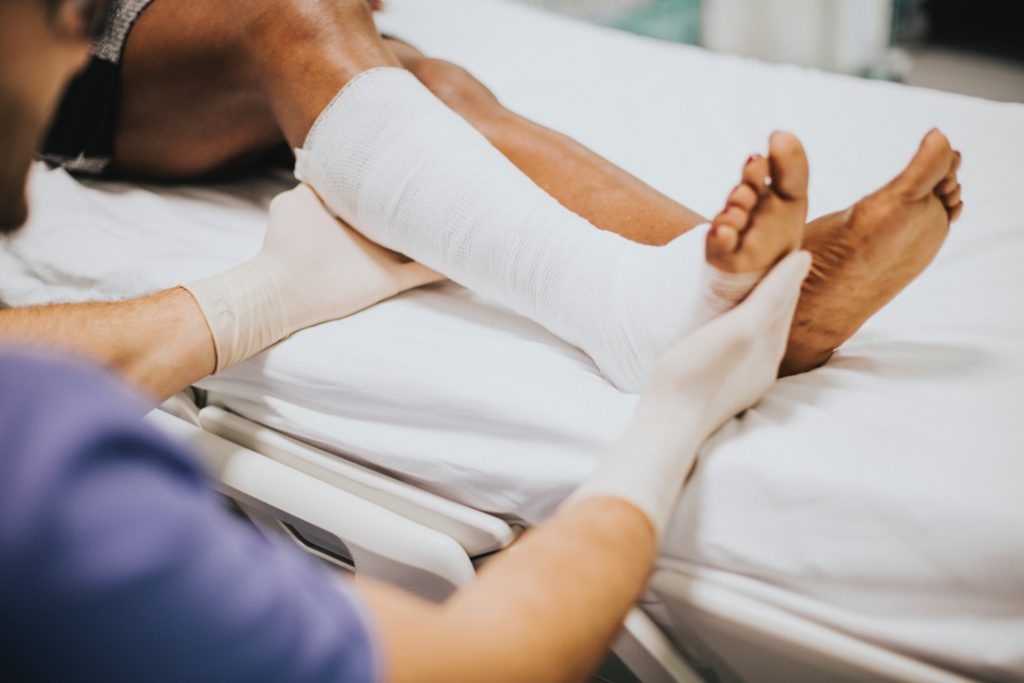Trans woman says she woke up on a men’s ward after knee surgery

New research reveals many examples of prejudice from healthcare staff towards female LGBT+ patients (Pexels)
A trans woman who woke up on a men’s hospital ward after surgery is among the many case studies included in a new report on healthcare failings for sexual minority women.
“I had knee surgery and woke up on a male ward – clearly they had looked at my face and overruled my notes,” the woman revealed in a review published by the International Journal of Environmental Research and Public Health.
The research is the first of its kind and draws on 26 different studies, examining the experiences of LGBT+ women between 2010 and 2018 in several different health areas in the UK.
Its findings indicate LGBT+ women face “blatant discrimination” and a “surprising level of ignorance” when accessing healthcare in the UK. It describes many examples of prejudice from healthcare staff, who frequently made assumptions of heterosexuality in their LGBT+ patients.
One woman accompanying her partner said: “The locum first ignored my introduction as ‘partner’ and continued to call me ‘friend’ for the rest of the session.”
Another woman said: “(The receptionist) refused to put down my partner’s name and partner/next of kin, kept saying ‘I’ll just put friend’, I said, no, I want you to put partner and she looked at me all lips pursed and said, ‘I’ll just put friend.’”

The new research on LGBT+ women’s experiences in healthcare is the first of its kind (Pexels)
The study revealed an astonishing lack of understanding on behalf of healthcare staff. A trans woman revealed: “I was scheduled for a small bit of surgery and was asked to give a pregnancy test. I pointed out that I was not only a gay woman but also post-op male-to-female trans. The reply was ‘Well, best to be sure.'”
Lead author Catherine Meads, Professor of Health at Anglia Ruskin University (ARU), said: “Many healthcare staff do not feel they need to know about their patients’ sexuality. However, our research uncovered a worrying lack of knowledge of the issues, unfairness, negativity, and blatant discrimination.
“These studies found significant barriers to sexual minority women, highlighting the need for explicit and consistent education for healthcare professionals on the issues facing these women.”

Sexual minority women frequently face barriers to healthcare (Pexels)
One woman cited in the review said: “If you were feeling bad about yourself, you’ve got low self-esteem or had the experience of homophobic abuse, and then you went somewhere and couldn’t find the information you wanted, it reinforces the difference.”
LGBT+ discrimination in healthcare
Earlier this year a parliamentary committee heard of the severe inequalities in healthcare for LGBT+ people in the UK.
Leading healthcare advisors acknowledged that the NHS is “absolutely prejudiced” against LGBT+ people, who are on average at greater risk of poor health than the general population before they even enter the healthcare system.
They identified several “fundamental problems” in LGBT+ healthcare, which largely stem from lack of funding and reporting, improper training and ingrained prejudice.
“LGBT+ health inequalities are still largely considered as being about mental health and sexual health, and [even] then only really being about depression, suicide, and HIV,” said Harri Weeks, stakeholder engagement manager for the LGB&T Partnership.
When asked by the committee if the reason the NHS does not prioritise LGBT+ healthcare is down to prejudice, the panel responded: “Absolutely.”

